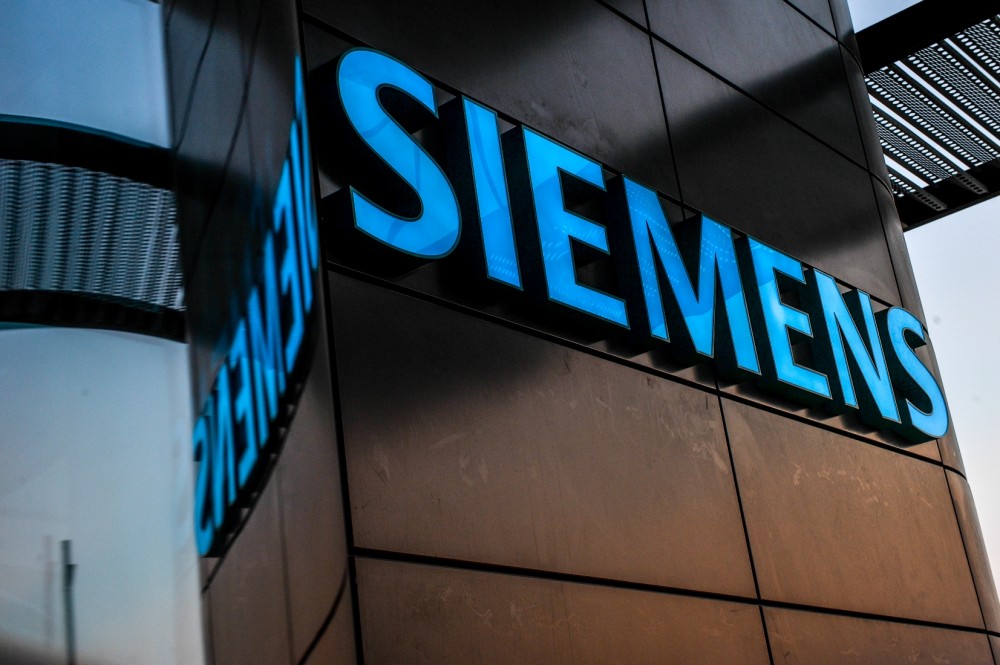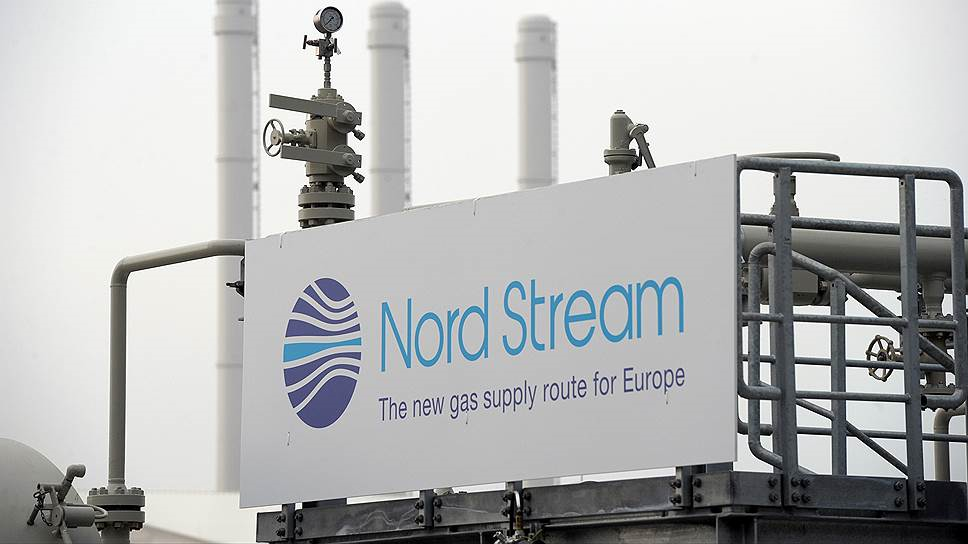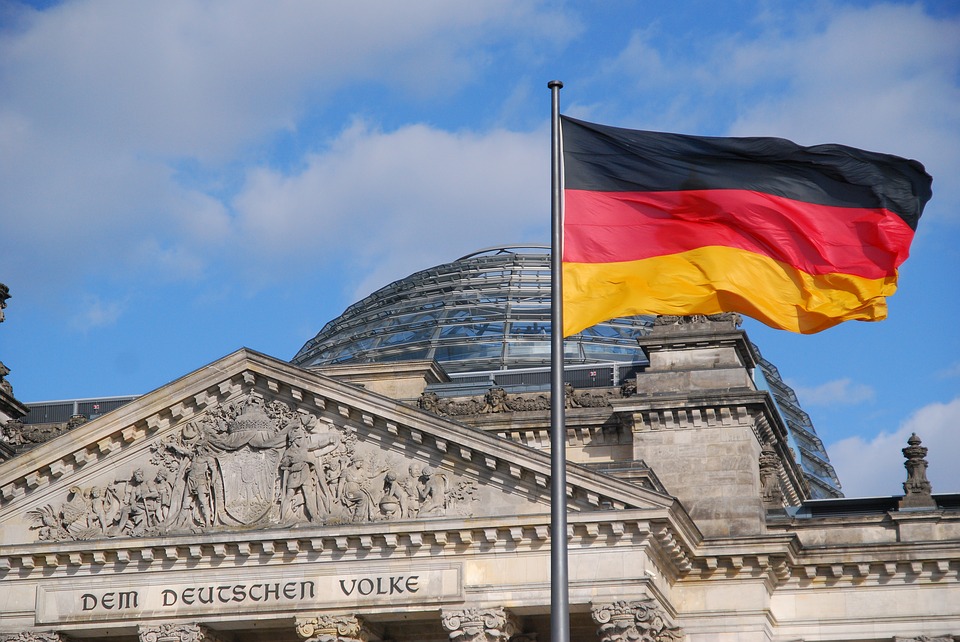There is no place for old dreams about Russia: his address to the nation, German President Steinmeier announced the beginning of a new era in relations with Russia and the world. The speech, which comes directly after Steinmeier's visit to Ukraine, marks a groundbreaking change of Germany's Russia policy, which hitherto had focused on dialogue and economic cooperation.
German President Frank-Walter Steinmeier was forced to hide in shelter during his visit to Ukraine
— Euromaidan Press (@EuromaidanPress) October 25, 2022
Steinmeier went to Koriukivka, Chernihiv oblast in the north of Ukraine, and had to hide in a shelter when an air alert sounded. https://t.co/5aAyg37Khv
📷Michael Kappeler pic.twitter.com/kFVYrsSEL9
The speech is all the more significant as it coincides with statements of Chancellor Scholz that Ukraine should be an EU member, and because the political party to which both Scholz and Steinmeier belongs to, the SPD, has been traditionally viewed as a pro-Russian party.
In the speech, he warned Germans that difficult times are ahead and called to strengthen the Armed Forces, make sacrifices, and relearn modesty.
We give its most important excerpts.
***
Every person in our country who woke on 24 February and saw the images of rocket attacks in Kyiv, of columns of tanks on Ukrainian streets, of the vast scale of the Russian invasion – everyone who woke to these images knew that, on that morning, the world had become a different one. [...]
The twenty-fourth of February was an epochal shift. It plunged us here in Germany, too, into a different time, into an uncertainty that we thought we had left behind us [...].
In the years before 24 February, Germany had the wind at its back. [...] And our own German good fortune shaped our view of the world. We counted on the conviction that we were surrounded by friends and war in Europe had become inconceivable.
Then came 24 February. On 24 February, Putin did not merely break the rules and end the game. He cast the board itself to the floor!
Russia’s brutal war of aggression in Ukraine has reduced the European security order to ashes. In his imperial obsession, the Russian President has broken international law, committed land grabs, called borders into question. The Russian attack is an attack on all of the lessons that the world had learned from two World Wars. [...]
Looking ahead to this new time with an open mind also means asking difficult questions of ourselves. The world has been a different one since this epochal shift – and that means that we must cast off old ways of thinking and old hopes.
That applies very particularly to our view of Russia. I know that many people in our country feel a connection to Russia and its people, love Russian music and literature. In eastern Germany, what is more, there are very different recollections of forty years of shared history, which still resonate today. In east and in west, we are thankful for the miracle of reunification, and we do not forget that we owe the peaceful nature of this event to Mikhail Gorbachev. [...] when we look at today’s Russia, there is no place for old dreams.
Our countries are today opposed.
Putin is commanding an invading army, and the Ukrainians are defending their country, which they have been building since their independence thirty years ago.
Trending Now
Russia’s war of aggression has demolished Gorbachev’s dream of a "common European house." It is an attack on the law, on the principles of the renunciation of violence and of inviolable borders. It is an attack on everything that we Germans too stand for.
German President Frank-Walter Steinmeier was forced to hide in shelter during his visit to Ukraine
— Euromaidan Press (@EuromaidanPress) October 25, 2022
Steinmeier went to Koriukivka, Chernihiv oblast in the north of Ukraine, and had to hide in a shelter when an air alert sounded. https://t.co/5aAyg37Khv
📷Michael Kappeler pic.twitter.com/kFVYrsSEL9
Anyone who shrugs their shoulders and asks "What does the war have to do with us in Germany?", therefore, is speaking with no sense of responsibility or of history. We as Germans cannot prevail in Europe with this attitude – it is wrong! [...]
Sanctions, breaking off contact, supplying weapons for a raging war.
Nothing about this is ordinary, nothing about it is compatible with our visions of peaceful coexistence. But we are not living in an ideal world. We are living in conflict. And so we need conflict instruments. Yes, sanctions come at a cost, including for us.
But what would be the alternative? Standing idly by and watching this criminal aggression? Simply carrying on as if nothing had happened? It is in our interest to oppose Russia’s lawbreaking together with our partners. It is in our interest to extricate ourselves from our dependency on a regime that sends tanks out against a neighbouring country and uses energy as a weapon. It is in our interest to protect ourselves and reduce our vulnerability.
Nobody has said this more clearly and concisely than the Estonian Prime Minister: "Gas might be expensive, but freedom is priceless.
German President Frank-Walter Steinmeier was forced to hide in shelter during his visit to Ukraine
— Euromaidan Press (@EuromaidanPress) October 25, 2022
Steinmeier went to Koriukivka, Chernihiv oblast in the north of Ukraine, and had to hide in a shelter when an air alert sounded. https://t.co/5aAyg37Khv
📷Michael Kappeler pic.twitter.com/kFVYrsSEL9
German President Frank-Walter Steinmeier was forced to hide in shelter during his visit to Ukraine
— Euromaidan Press (@EuromaidanPress) October 25, 2022
Steinmeier went to Koriukivka, Chernihiv oblast in the north of Ukraine, and had to hide in a shelter when an air alert sounded. https://t.co/5aAyg37Khv
📷Michael Kappeler pic.twitter.com/kFVYrsSEL9





